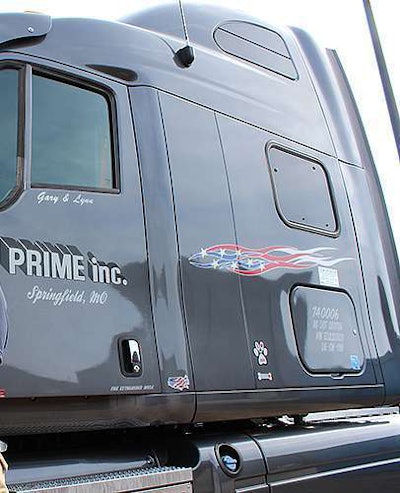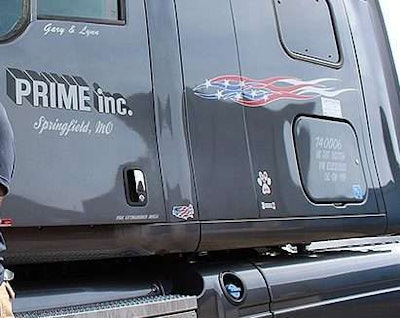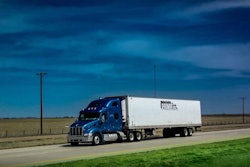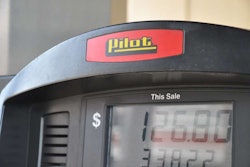

The United States Supreme Court announced Monday it has agreed to hear a lawsuit brought by an owner-operator against New Prime Inc., a subsidiary of Prime Inc., that challenges the company’s requirement that disputes between the carrier and its drivers be handled outside of court via third-party arbitration.
The Supreme Court’s decision in the case could have industry-wide implications, either solidifying arbitration requirements of truckers’ contracts with carriers or undermining them.
Dominic Oliveira, a Prime driver turned owner-operator, alleges that he has the right to file lawsuits and bring his conflicts to court, despite signing a contract with a binding arbitration clause, which requires the parties “to arbitrate all workplace disputes…on an individual basis,” according to Prime’s appeal to the Supreme Court. Oliveira sued the company in 2014, claiming he was shorted pay by being misclassified as an owner-operator instead of a company employee.
New Prime challenged the suit, arguing Oliveira’s complaints should be handled via arbitration, as stipulated by his contract. Prime says federal law is on its side, claiming the Federal Arbitration Act of 1925 protects the arbitration clauses within its contracts.
The First Circuit Court of Appeals issued a ruling last May saying Oliveira did have the right to bring his case to court for resolution, which Prime appealed to the Supreme Court. The high court on Feb. 26 granted the carrier’s petition to hear the case.
The questions before the Supreme Court will not center on Oliveira’s claims of misclassification, but whether he has the legal ability to have his dispute handled in court or whether it should be settled in arbitration, as dictated by his contractor agreement with the carrier.
The Federal Arbitration Act contains an exemption for certain transportation workers, including those involved in interstate commerce.
In its petition to the the Supreme Court, New Prime says a “review is required to establish uniform, national rules for these important questions of FAA interpretation.
“Without the ability to include enforceable arbitration provisions in contracts governing independent contractors, the entire transportation industry will be relegated to resolving all disputes arising out of such contracts in court. This directly undercuts the principal advantages and efficiencies of arbitration,” the company claims.
Conflicting decisions in similar cases issued by federal appellate courts and some state courts has caused a “split of authority,” the carrier further states, noting “this court’s review is warranted to resolve” the conflicting opinions.
Attorneys for Oliveira argue otherwise, saying that the FAA is clear in its exemption of transportation workers from arbitration clauses. In his original complaint, Oliveira states he was a company driver, not an owner-operator or independent contractor, and he was performing the exact same work for Prime as he was before signing the contractor agreement. He claimed New Prime wrongly and illegally deducted money from his paycheck each week for truck lease payments. After terminating his contract, he was rehired by Prime as a company driver, but the carrier continued to deduct money from his paycheck for expenses related to his stint as a contractor. He argued he had the right to resolve the claims in court, rather than being forced to pursue arbitration.
Oliveira’s legal team argues that the First Circuit’s decision is not at odds with prior court rulings and does not have the sweeping implications New Prime says it does.
“Here, the question is not whether the parties agreed to submit a particular dispute to arbitration. It’s whether Prime’s contract with its drivers is a ‘contract of employment’ exempt from the Federal Arbitration Act — and therefore whether the court has authority under the statute to enforce any agreement the parties might have entered. As the First Circuit properly held, this is an entirely ‘distinct inquiry that has nothing to do with arbitrability,” Oliveira claimed in a motion filed in November against Prime’s appeal to the Supreme Court.










